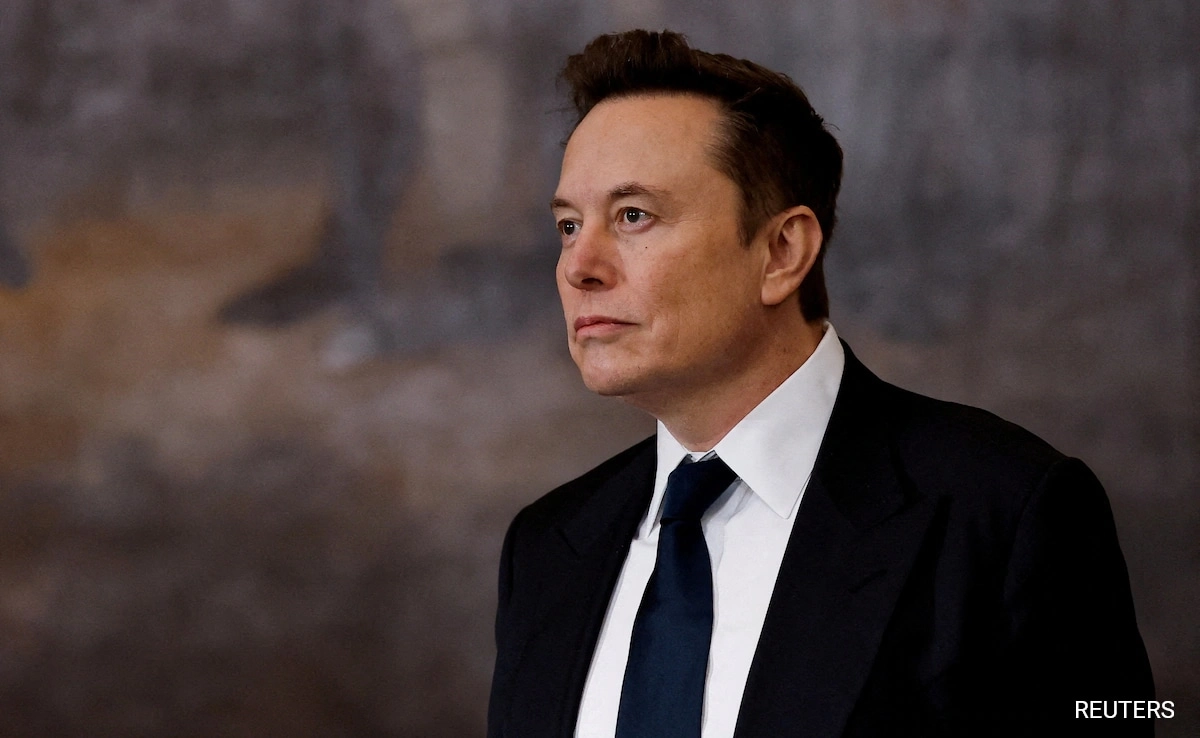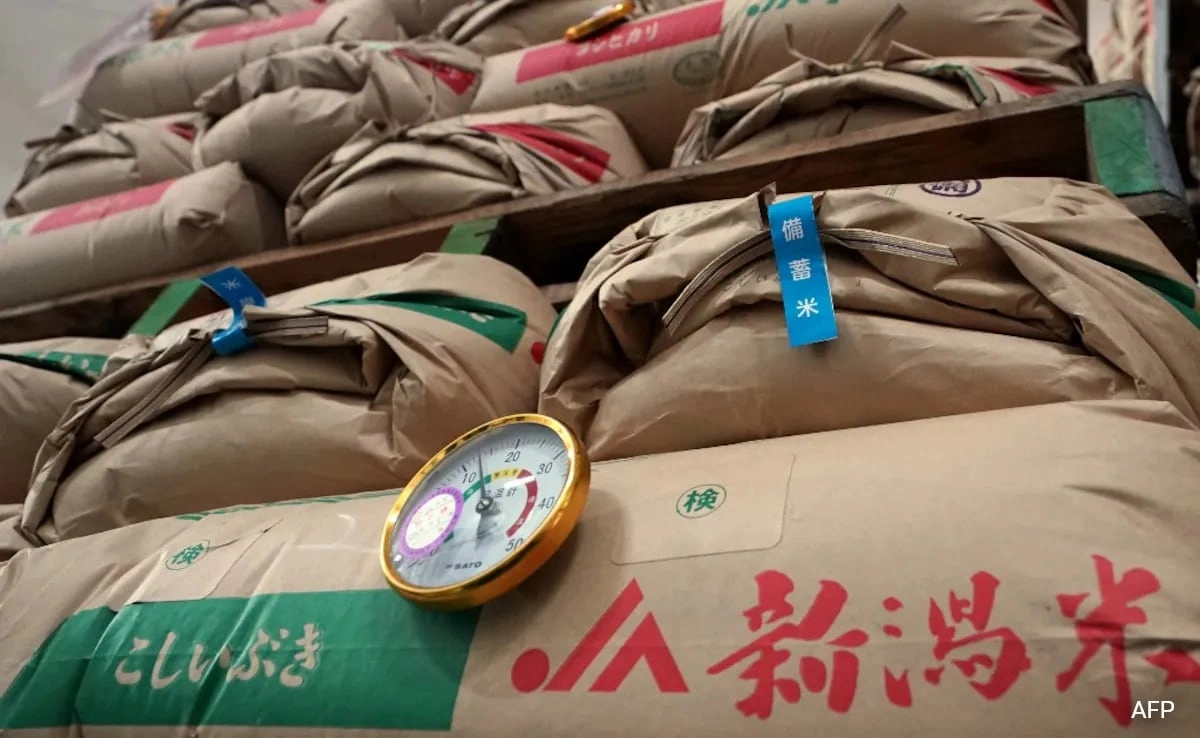At the recent World Health Organization (WHO) meeting, discussions centered around two critical issues: the proposed Pandemic Accord and the pressing need for a tightened budget. As nations around the globe continue to grapple with the aftermath of the COVID-19 pandemic, the urgency for a coordinated international response to future health crises has never been more apparent. The Pandemic Accord aims to establish a framework for enhanced global cooperation in preventing, preparing for, and responding to pandemics. Delegates emphasized the importance of learning from the lessons of the COVID-19 experience, advocating for stronger collaboration among member states to ensure that resources and strategies are effectively shared.
In conjunction with the Pandemic Accord discussions, the WHO is also facing financial challenges that necessitate a reevaluation of its budgetary allocations. The organization is under pressure to optimize its spending while still addressing the diverse health needs of its member countries. As nations emerge from the economic strain caused by the pandemic, many are calling for a more prudent approach to funding, ensuring that the WHO can maintain its vital functions without unnecessary expenditures. The call for a tightened budget reflects a broader concern about accountability and efficiency in global health governance.
As the meeting progressed, participants voiced their opinions on how the WHO could strike a balance between these two significant priorities. The need for a robust pandemic response infrastructure must be met with fiscal responsibility and transparency. Delegates discussed various funding models and innovative approaches to resource allocation, aiming to enhance the organization’s financial sustainability while ensuring that it remains responsive to emerging health threats. The interplay between the proposed Pandemic Accord and budgetary constraints highlights the complexities of international health governance in a post-pandemic world, illustrating the necessity for both strategic planning and financial prudence.
In conclusion, the WHO meeting serves as a crucial platform for rethinking global health strategies and reinforcing the commitment of member states to work collaboratively in the face of future health emergencies. The outcomes of these discussions could significantly influence the trajectory of international health policies, shaping a more resilient and prepared global community. As the world continues to navigate the challenges of health crises, the commitment to a cohesive Pandemic Accord and a responsible financial approach will be pivotal in safeguarding public health for generations to come.




